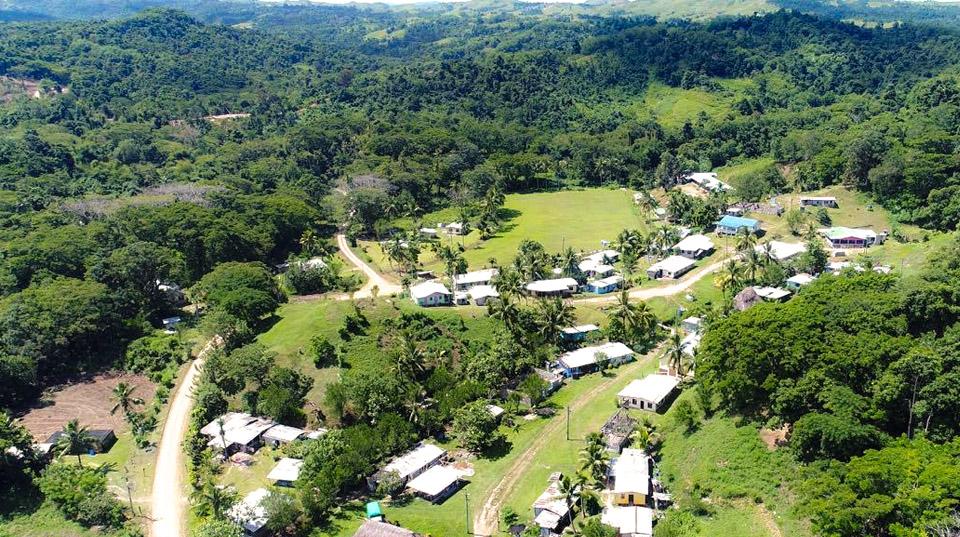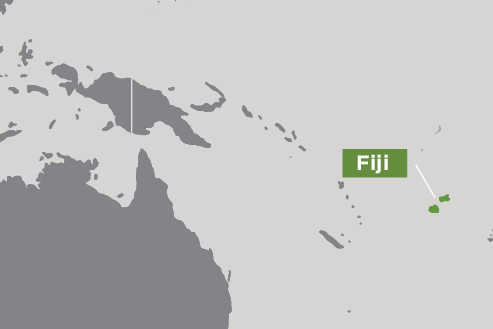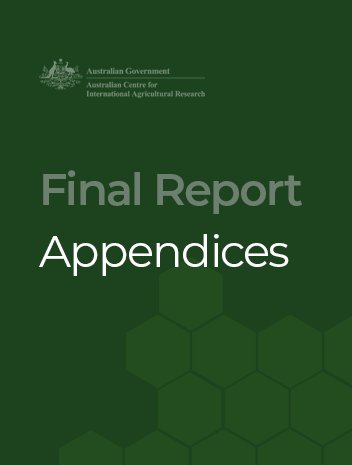Overview
This project aimed to help Fiji policymakers by informing them about frameworks and instruments to encourage the adoption of agroforestry systems on Fiji sloping lands and providing decision-support information for government agencies, landholder communities, and individual farmers on land-use systems and their expected financial and economic performance.
With population growth, land degradation, cropland conversion to other uses, and displaced farmers, increasing the productivity of sloping land is becoming a policy priority. While various field trials have demonstrated that sloping land agroforestry systems can be productive and sustainable, there has been little socio-economic evaluation, and government policies have not been designed to promote this form of land use.
With appropriate sloping land technology, further land could be brought into the production of food crops, as well as livestock and timber and non-timber forest products, to improve landholder livelihoods and the balance of trade, and reduce weed infestation and carbon emissions from wildfires.
Project outcomes
- Examined the barriers and constraints to sloping land agroforestry in Fiji, and identified gender-inclusive policy and institutional frameworks and instruments to overcome these and facilitate the establishment of Crop-Livestock-Tree (CLT) systems.
- Identified potentially suitable sloping land areas and combinations of crop, pasture, livestock and tree species for selected areas of Viti Levu and Vanua Levu.
- Identified domestic and export markets for primary and value-added products, and evaluated the financial performance of selected agroforestry systems for alternative business models (i.e. household, community, commercial).
- Evaluated the socio-economic performance of alternative CLT systems and made sloping land agroforestry policy recommendations.






